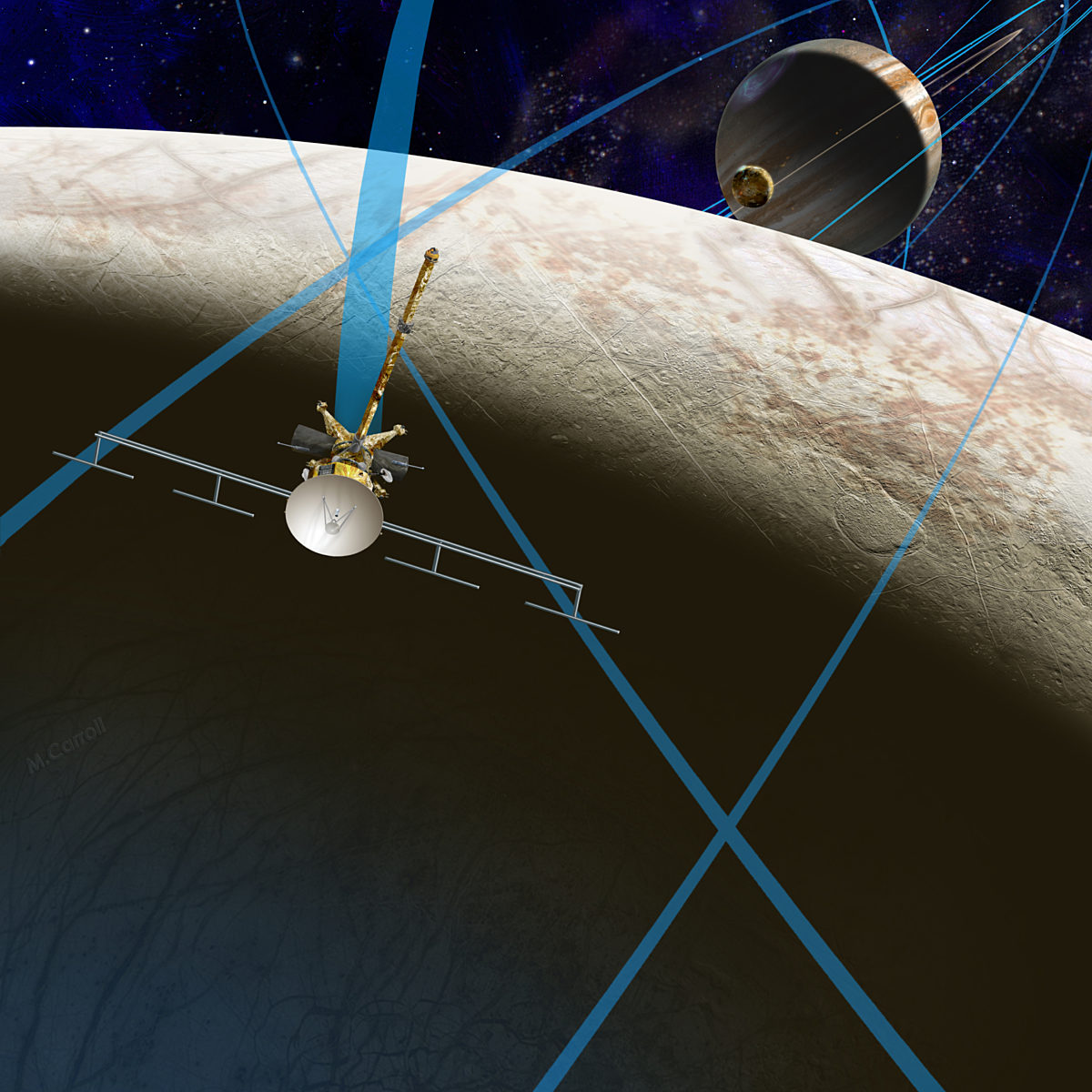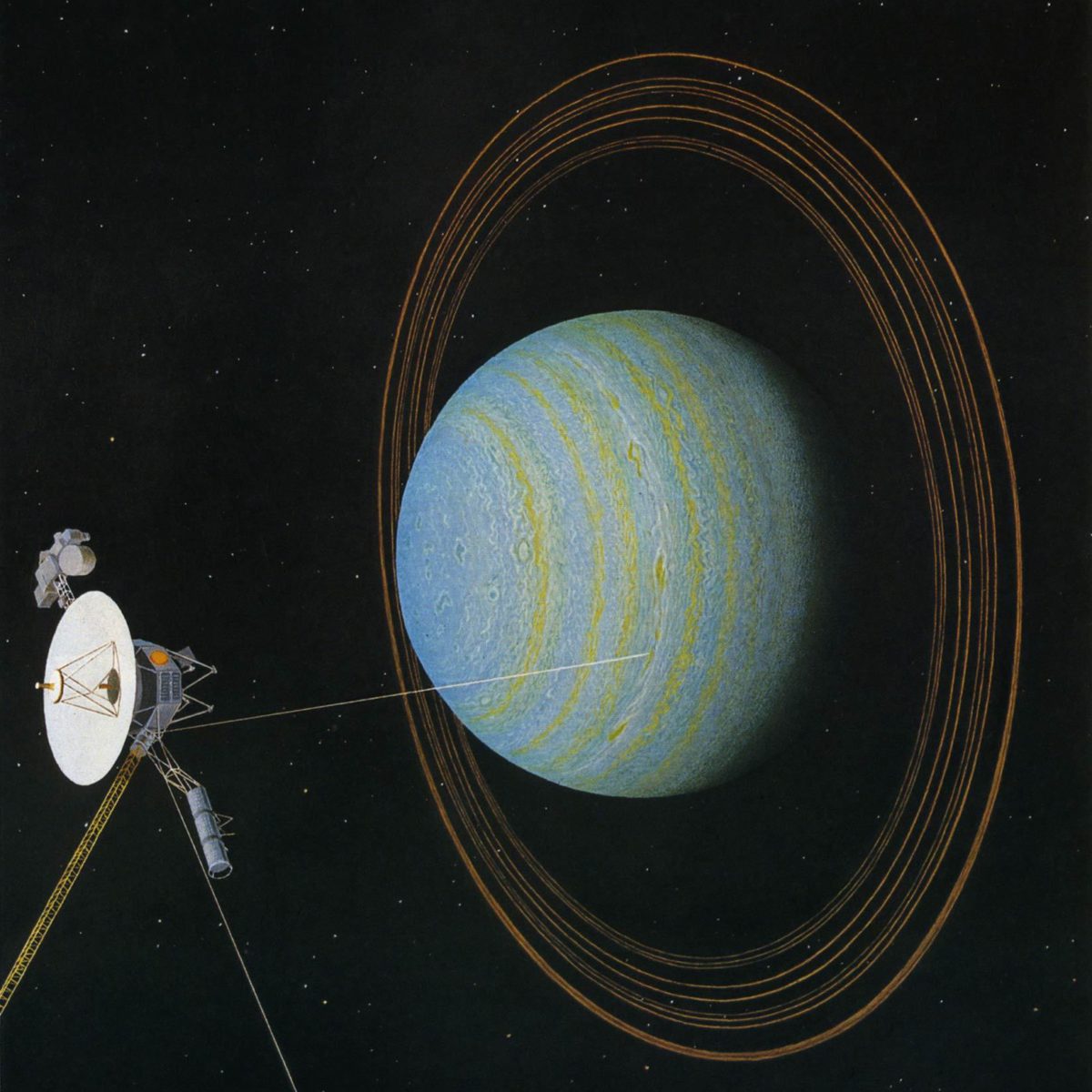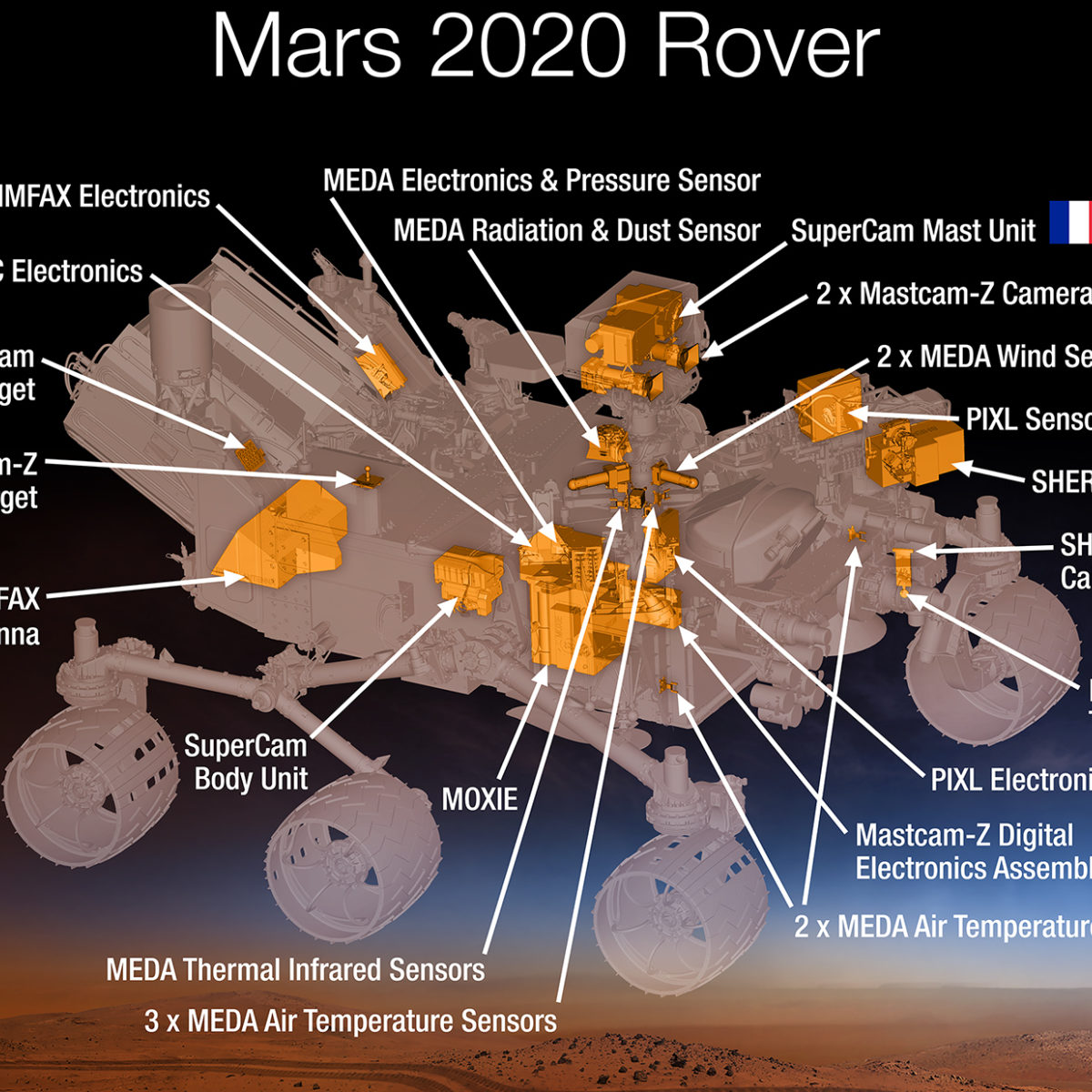All
All
Stories, updates, insights, and original analysis from The Planetary Society.
A Mission to Europa Just Got a Whole Lot More Likely
Rep. John Culberson, an outspoken supporter of Europa exploration, will assume leadership of an influential congressional committee that funds NASA.
The Consequences of the 2014 Midterm Elections for NASA
A Republican Senate will not drastically change the course of the nation's space program, though it will likely see less funding for NASA and a difficult path forward for the Asteroid Retrieval Mission.
How Richard Nixon Changed NASA
The end of the Moon race raised the question: what, if anything, was next for NASA? The decisions made by President Nixon in the aftermath of Apollo still impact the space program today.
Happy Fiscal Year 2015! Though NASA Still Doesn't Have a Budget
Congress passed a stopgap spending bill before taking off to campaign for re-election, keeping NASA's 2015 budget in limbo for another two months.
Planetary Society President Testifies Before Congress
Society President Dr. Jim Bell provided expert testimony at a September hearing on the state (and fate) of planetary science.
Recovery. Peak. Collapse. Planetary Science from 1990 - 2014
The history of planetary exploration repeats itself starting with a resurgent program in the 90s and 2000s that launched a new fleet of planetary spacecraft. Like our first story, this great success rewarded by deep budget cuts.
Planetary Science Gets Its Day in Congress
Watch Planetary Society President Jim Bell testify before a congressional subcommittee on Wednesday, September 10th.
Growth. Peak. Collapse. Planetary exploration from 1959 - 1989
The first three decades of planetary exploration tell a story that sounds all-too-familiar to modern day space advocates. Growth, peak, and then collapse of hard-earned capability. This is the story of planetary science for the first half of its existence.
Curiosity Rover Science Plan Slammed by NASA Review Panel
Senior review recommends continuing all major planetary exploration missions, but not without some changes.
The Rise and Fall (and Rise and Fall) of Planetary Exploration Funding
NASA has explored the solar system since the 1960s, but it has rarely been the top priority for the space agency. Jason Callahan breaks down how planetary science has been funded over the years within NASA's larger budget.
NASA’s Big Rocket a Step Closer to Reality
NASA's Space Launch System passed a critical milestone yesterday, but buried within the announcement was news that the first launch could slip by nearly a year.
The Competition for Dollars
We all know NASA needs more money to achieve its goals. But competition for money is intense within the U.S. federal government, and two trends have made it harder for NASA to get what it needs.
[Updated]: NASA Selects 7 Science Instruments for its Next Mars Rover
Seven science instruments will help the Mars 2020 rover identify biosignatures and understand the history of the rocks it encounters on the surface of the red planet.
NASA's Budget Stalls Out
Congress has all but given up its goal of passing a budget before the end of this fiscal year in September. Instead, we will likely see a temporary extension through the elections in November.
Capitol Hill Responds to the Lure of Europa
A standing-room only crowd learned the lure of Europa, the moon of Jupiter with more liquid water than the Earth, at a special Planetary Society event on capitol hill.
Our Pathway to Exploration Should Start with the Asteroid Redirect Mission
Despite its rejection by the NRC Committee, we argue that the Asteroid Redirect Mission (ARM) is an affordable and logical first step in such a sequence. ARM is not only consistent with the NRC Committee’s own principles, but is also the only near- term initiative that can shape their recommendations into a sustainable human space exploration program. ARM would launch U.S. explorers into deep space beyond the Moon, and fits logically into an exploration program aimed at Mars.
The Senate's Flawed NASA Bill Hits a Bump in the Road
For the second day in a row, the Senate failed to vote on a bill that would fund NASA and other agencies in 2015. Without passage, no progress can be made addressing the flaws contained within.
One Number, Two Budgets
The Senate and House have both agreed to increase NASA's budget to $17.9 billion, but they have very different ways of spending that money.
Making the Rounds on Capitol Hill
There's an old saying about Washington, D.C.: it’s a small town, based on relationships. We are establishing very good relationships with members of the U.S. Congress and the Administration. Three of us made the rounds recently, going from one Congressional Member’s office to another to support planetary exploration and a mission to Europa. Our team included Casey Dreier, our Director of Advocacy; Bill Adkins, our lobbyist in Washington; and me.
[Updated] The Senate Proposes $17.9B for NASA, Matching the House's Increase
The Senate released early details about its budget for NASA in 2015. The top-line level, $17.9 billion, is an increase over the President's proposal and matches the level passed by the full House last week.


 Explore Worlds
Explore Worlds Find Life
Find Life Defend Earth
Defend Earth


 Sun
Sun Mercury
Mercury Venus
Venus Earth
Earth Mars
Mars Jupiter
Jupiter Saturn
Saturn Uranus
Uranus Neptune
Neptune Small Bodies
Small Bodies














